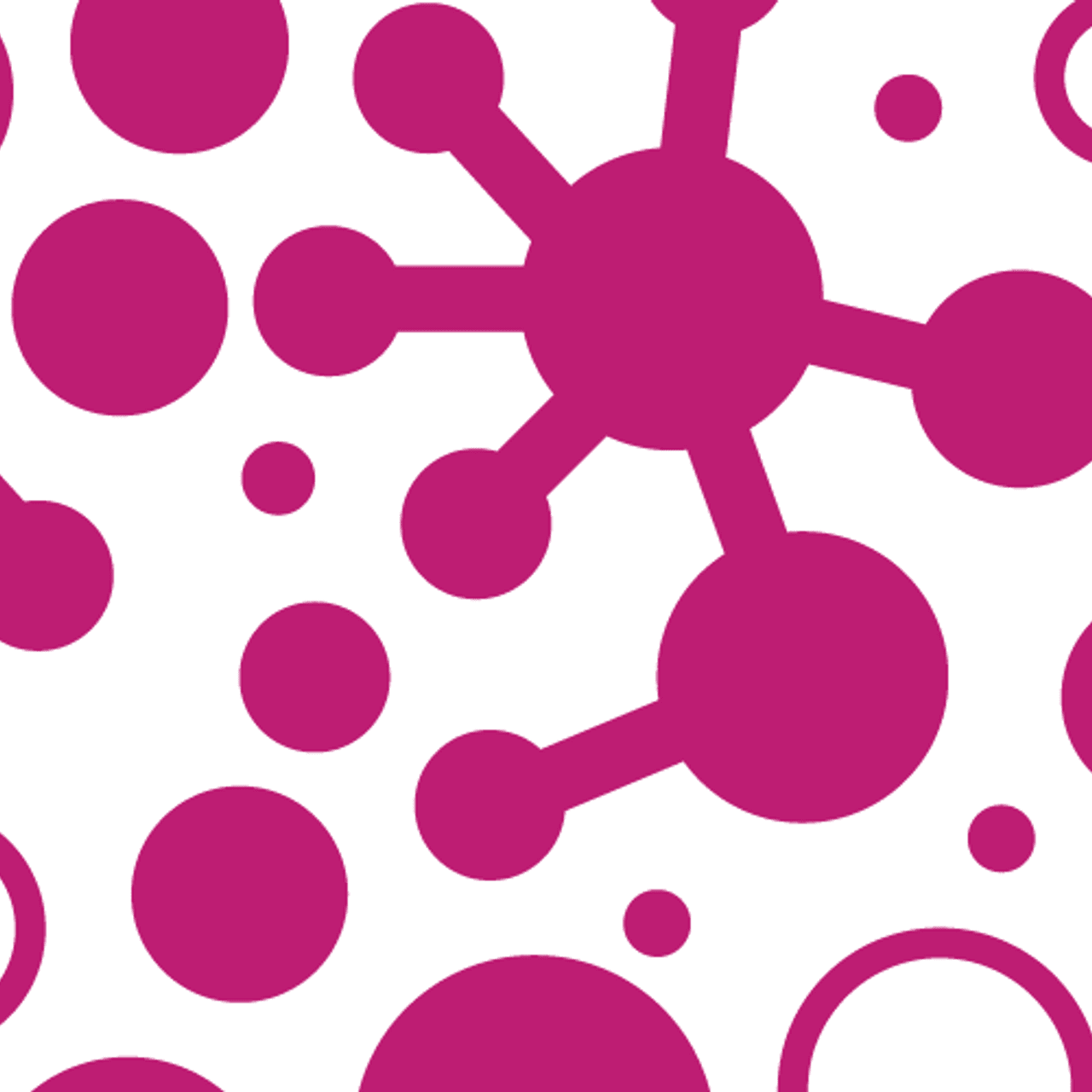Executive Summary
Many traditional financial institutions struggle to meet the needs of minority households. It’s a reality that’s disheartening to admit but hard to deny considering that 45.5% of Hispanic and 49.3% of African American households were unbanked or underbanked (a designation often employed to convey financial fragility) in recent (2015) figures put out by the U.S. government. For comparison’s sake, 18.7% of white households fall into these categories (FDIC 2015).
And a lack of banking relationships isn’t the only indicator of many minority households’ financially precarious state. They are twice as likely as white households to live in asset poverty (Ratcliff and Zhang 2012), which means they wouldn’t be able to access funds to support three months of living expenses. Although minorities make up 30% of all U.S. households, they hold just 10% of net household wealth (DeNavas-Walt and Proctor 2014; U.S. Census Bureau 2013a, 2013b).
It encourages me to move forward with my dreams and fight to reach them.
What is the research about?
To learn more about the role traditional financial institutions could play in improving the financial well-being of minority households, Filene, Visa, and the Ford Foundation worked together to launch the Reaching Minority Households (RMH) Incubator. The Incubator is a process designed by Filene to test, package, and deliver viable financial products with an established track record of results.
Filene identified and tested five financial products over an 18-month period that were perceived to fill a gap in the credit needs of minority households. Each product had already been brought to market on a small scale and had shown potential to be scalable and financially viable. The final results included 40 credit unions that tested the five products and generated 58,482 loans totaling $84.8 million, reaching 18,559 consumers.
- Individual Taxpayer Identification Number (ITIN) Lending: Loans for noncitizen members.
- Data Mined Auto Loans: Data mining techniques used to identify households that could benefit from an auto-loan refinance.
- QCash® Small-Dollar Loans: Small-dollar loans based on relationship factors other than credit score that relied on rapid underwriting and disbursement via a mobile application.
- Community Microfinance Small-Business Lending: Small-business microloans to entrepreneurs.
- Payday Payoff® Installment Loans: Loans to consolidate high-rate payday loans or other debt into one affordable payment by leveraging alternative data for underwriting.
What are the financial institution implications?
Here are some of the most critical takeaways from the program testing phase of our research:
- Traditional financial institutions, including credit unions, community banks, and large banks, can reach minority households.
- Programs serving financially vulnerable populations create meaningful impacts for minority households.
- Serving minority households is not a one-size-fits-all endeavor. Although credit union testers started with a consistent playbook and set of principles, each adjusted rates, processes, technology, staff roles, and product marketing to meet the unique needs of its institution and community.
- These programs should not stand alone. Programs that provide value to minority households should be part of a suite of services and not a onetime loan.
- It is necessary to look beyond traditional measures of creditworthiness, using metrics other than credit scores and traditional underwriting methods to determine which consumers are a good fit for the product.
- Financial institutions should give themselves permission to offer products with higher rates and fees compared to others in their portfolio while always following fair lending practices. Some products will inherently cost more for all consumers based on the nature of the product.
- Financial institutions need to create space for constant innovation.
Sponsors













